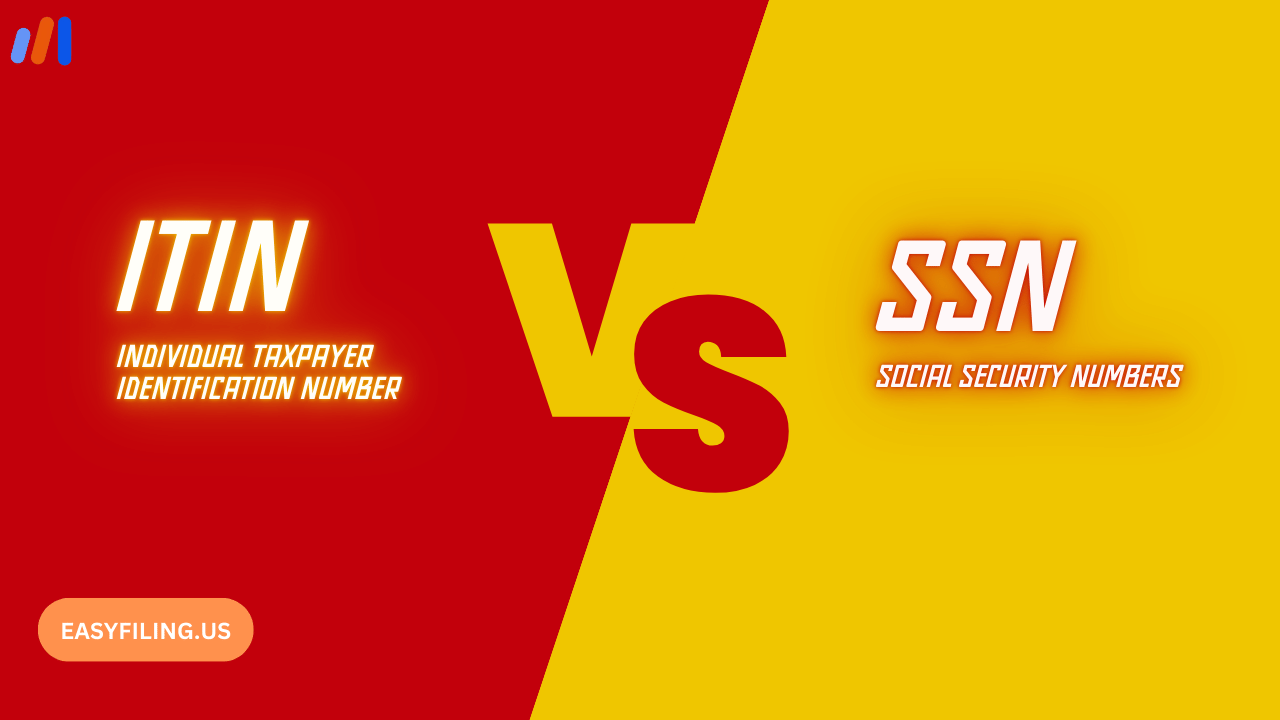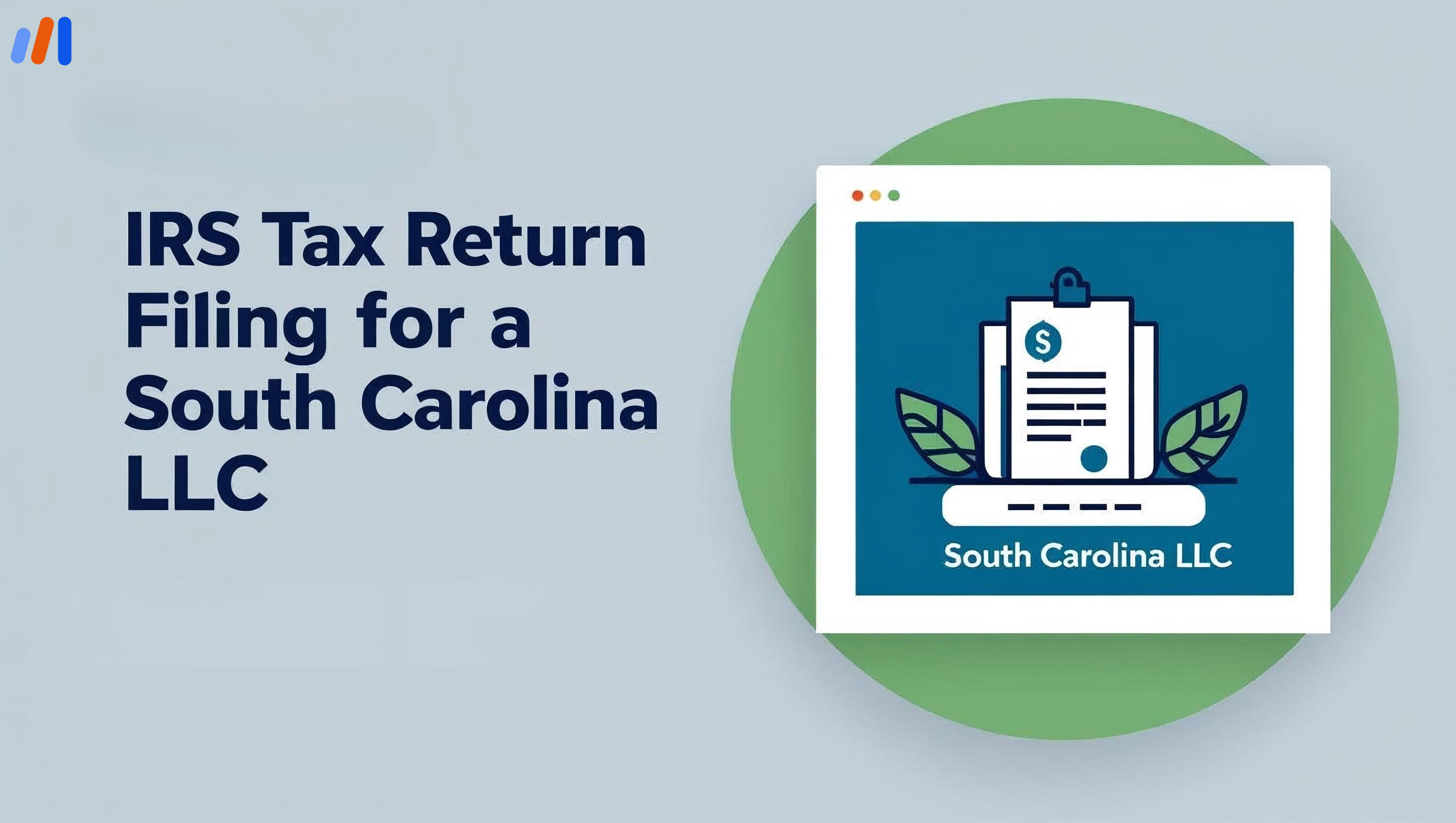Differentiating when to use an SSN or an ITIN may seem challenging while navigating the world of tax identification numbers.
Both play a vital role in taxation, but they target different segments of the population with distinct uses that are essential for individual money management and compliance with legal norms in the United States.
What is an ITIN?
ITIN stands for Individual Taxpayer Identification Number, which is issued by the Internal Revenue Service (IRS) to help persons file taxes who do not qualify for a Social Security Number (SSN).
ITIN is made up of nine digits starting with 9 and has specific ways of sequence such as 70-88 on fourth and fifth numbers e.g. 9XX-70-XXXX. These numbers are given irrespective of immigration status because both resident alien individuals and nonresident aliens may have a filing requirement or be required to file under U.S. tax laws.
Who Needs an ITIN?
- Non-residents filing a US tax return including those having income from US sources.
- Resident aliens who are not eligible for an SSN consist of individuals who pass the substantial presence test.
- Dependents or spouses of US citizens/residents who are not eligible for an SSN include family members sometimes required on a tax return.
- Nonresident students, professors, or researchers who are often those on non-immigrant visas have taxable income obligations.
Also read, The Importance of ITIN for Non-Resident Aliens and Immigrants>>
What is a Social Security Number (SSN)?
Social Security Numbers (SSNs) are nine-digit numbers that are used by citizens, residents, and some temporary residents provided by the Social Security Administration (SSA).
An SSN’s main purpose is to serve as a government ID number under the Social Security Act but other activities also use this identifier like opening bank accounts, applying for credit, etc.
Who Needs an SSN?
- US Citizens: Servicing various services & benefits
- Green Card holders: this is important in working and participating in the social security system
- Temporary (working) residents who have been authorized to work by the Department of Homeland Security (DHS): Required for lawful employment and tax reporting.
Key Differences between ITIN vs. Social Security Number
The ITIN and SSN can both be used for identification purposes when dealing with taxes; however, they differ remarkably in terms of their intended uses, eligibility requirements, and privileges.
This knowledge is valuable for ensuring compliance with the United States tax regulations as well as guaranteeing that one has the proper identifying number for legal and financial transactions involving them.
Eligibility
SSN:
- Issued to US citizens, permanent residents, and eligible temporary residents.
- Needed to work in America.
- Used to receive Social Security payments.
ITIN:
- Issued to individuals not eligible for an SSN.
- Can’t be used for employment purposes.
- Is not meant for Social Security benefits.
Usage
SSN:
- Employment authorization verification
- Federal & state income taxation
- Opening a deposit account in a bank
- Credit card application processes
- Social Security benefit claims
ITIN:
- Filing federal taxes
- Claiming dependents on tax returns filed
- Opening interest-bearing bank accounts (in some cases)
- Obtaining tax treaty benefits
Application Process
SSN:
- Apply at any Social Security office in person.
- Applicants must provide evidence of identity, age, and U.S. citizenship or lawful status as an immigrant.
- The application does not charge anything attached.
ITIN:
- Complete IRS Form W-7 to apply.
- You must provide proof of your identity and foreign status.
- Submit the completed form and attachments to the IRS by mail.
When to Use Each
Knowing when an ITIN is necessary in place of an SSN will keep you in line with US tax laws and ensure that you are compliant with all legal requirements for your particular circumstances:
Conditions where one can use an SSN:
- A resident who is a U.S citizen or permanent;
- An alien authorized to work temporarily in the U.S., in this case, uses SSN instead;
- And you want to receive Social Security benefits or other federal services.
Conditions where one can use an ITIN:
- While you cannot obtain a Social Security Number (SSN), you need to file a US tax return.
- You are not eligible for SSN when you are either a dependent or a spouse of a US citizen or resident alien.
- A non-resident student, professor, or researcher who is required to file a US tax return.
Conclusion
The ITIN and SSN have different roles in the United States taxation system. While both play critical roles in the taxes paid by foreigners living in America, they cater to different groups and serve unique purposes. Whether you require an ITIN or an SSN depends on your residency status, eligibility for employment, and social benefits entitlements in the United States. Always ensure that before applying for any identification numbers it is your real identity. Otherwise, legal consequences attached to this act will implicate you financially if not legally as well.
To be given personalized advice that suits their situation, it is strongly advised that people approach tax professionals or contact the government offices responsible. Being aware of and following tax laws is important for financial security and being within the law in the United States.
Frequently Asked Questions (FAQs)
Is it possible to have ITIN and SSN at once?
Somebody cannot hold both the ITIN as well as SSN together. It would be best if you discontinued using your ITIN number once you get issued with a Social Security Number (SSN). Make sure the IRS knows about this so that they can change their records accordingly.
Can people with ITINS work in the U.S.?
People who possess Individual Tax Identification Numbers are not authorized to work in the U.S.A. since these IDs are only used for taxation reasons. Working permission is given only to employees who have valid social security numbers.
Can holders of an ITIN qualify for Social Security benefits?
The use of Medicare also applies here even though most people do not know how many months they contributed. ITIN is simply for tax purposes and not eligibility for social security benefits.
How long does an ITIN last?
ITINs issued after December 31, 2012, will expire if not used on a federal income tax return for three consecutive years. Under certain conditions, those issued before this time are also renewable. Check with IRS official communication on ITIN expiration and renewal.
How to apply for an ITIN?
To make an application for the ITIN you must do the following things:
- Fill out Form W-7, Application for IRS Individual Taxpayer Identification Number.
- Mail the form together with your federal income tax return.
- Attach original documents or certified copies from the issuing agency that verify your identity and foreign status.
How to apply for an SSN?
To make an application for the SSN you must do the following things:
- First, fill out Form SS-5, Application for a Social Security Card;
- Second provide primary evidence of your age, identity, US citizenship, or lawful alien status;
- Thirdly take it to a Social Security office in person.
File Your LLC Today
25$ off with a coupon
Lock in EasyFiling's transparent rates and get lifetime compliance support at no extra cost.
Get Started Now







